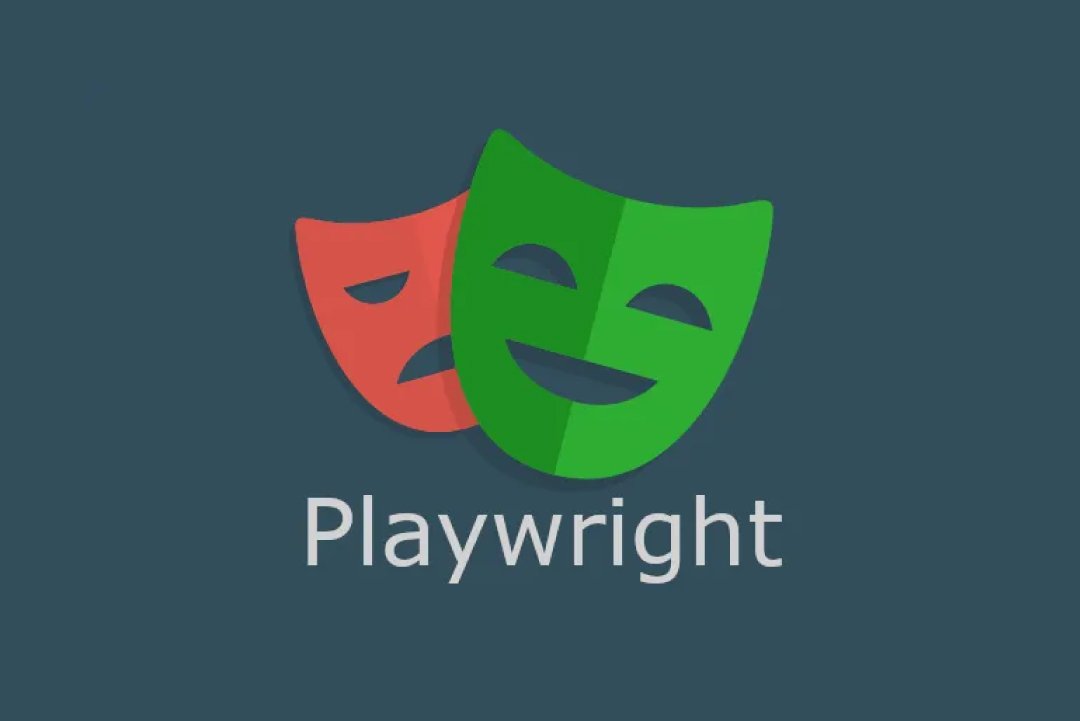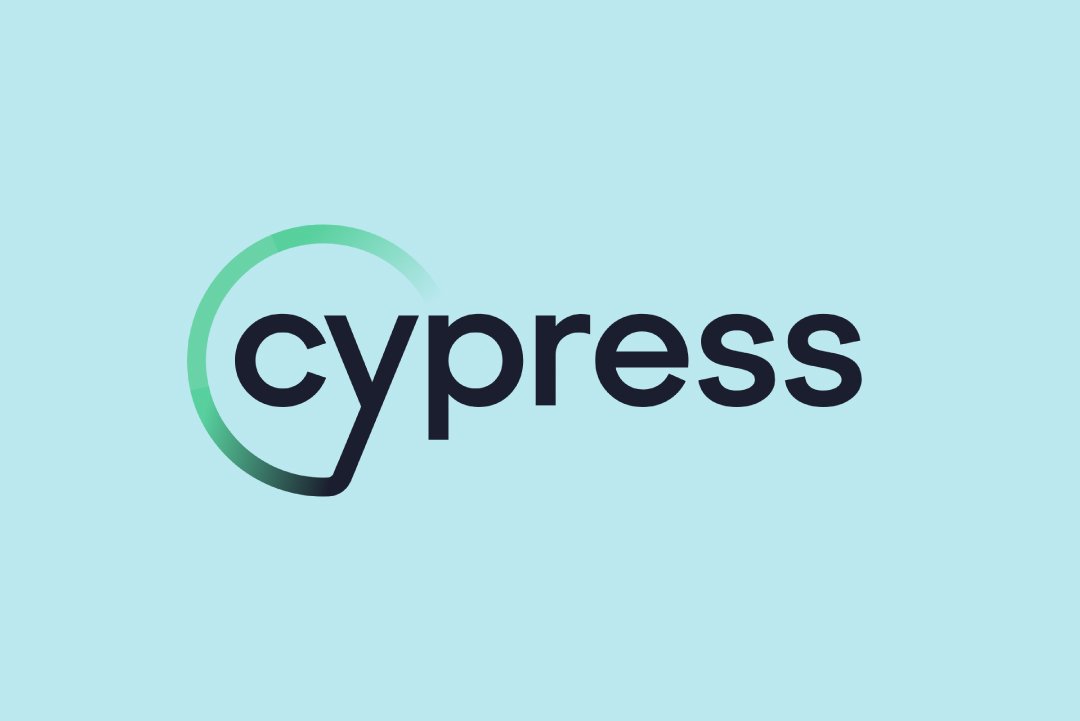- Introduction
- Introduction to End-to-End Testing Frameworks
- Overview of Playwright
- Overview of Cypress
- Comparative Analysis of Playwright and Cypress
- Trends in Software Development Impacting Framework Selection
- Which Framework Is Right for Your Project?
- Conclusion: A Strategic Approach to Framework Selection
- FAQs
- About Softvil
Introduction
In today’s rapidly evolving tech landscape, trends in software development are increasingly focused on delivering reliable, high-quality applications to end-users. End-to-end (E2E) testing frameworks like Playwright and Cypress have emerged as popular choices for automating and verifying complex user interactions. For software development companies and teams considering software development outsourcing, the choice between these frameworks can significantly impact project timelines, costs, and maintainability. This article explores the strengths and limitations of both Playwright and Cypress to help companies like Softvil, as well as software companies in Singapore and other global markets, make informed decisions about which framework aligns best with their project requirements.
Introduction to End-to-End Testing Frameworks
The importance of robust E2E testing has become a prominent trend in software development, driven by the need for flawless user experiences in competitive software markets. Both Playwright and Cypress provide comprehensive solutions for automating UI testing across various browsers, making them popular among development teams, especially in offshore software development and outsourcing setups. These frameworks address a common goal: to automate testing and verify that an application performs as expected from a user’s perspective. However, each has unique strengths that make it better suited to certain types of applications.
Overview of Playwright

Key Features
- Cross-Browser Testing: Playwright supports major browsers (Chromium, Firefox, WebKit) and can handle multi-browser testing seamlessly.
- Parallel Testing: Playwright offers highly scalable parallel execution across multiple machines, supporting large-scale applications.
- Multi-Language Support: While its main API is written in Node.js, Playwright is accessible in Python, C#, and Java, making it a flexible option for diverse developer backgrounds.
- Comprehensive Debugging Tools: Playwright includes headless testing, which allows tests to run in the background without rendering in a browser window. It also provides visual insights into test sessions with video recording and tracing capabilities.
Strengths
For projects that involve complex scenarios with multiple browsers, domains, or pages, Playwright’s robust testing capabilities are invaluable. This adaptability has led to a strong uptake among software companies in Singapore and other technology hubs, where projects often need to support varied browsers and devices for global audiences.
Limitations
Playwright’s mobile testing capabilities focus mainly on Android, which may be limiting for projects requiring extensive iOS support. Moreover, its isolated test structure, while generally beneficial for predictable results, can pose challenges in test cases where shared states or contexts are needed.
Overview of Cypress

Cypress, another open-source E2E testing framework, has risen to popularity for its user-friendly design and JavaScript-centric approach. Its ease of use and seamless browser integration make it an excellent choice for front-end development projects where fast, reliable testing is essential.
Key Features
- In-Browser Execution: Unlike traditional frameworks, Cypress runs directly in the browser, which minimizes flakiness and boosts reliability by reducing the dependency on external drivers.
- Automatic Waiting: Cypress waits automatically for elements to be ready before interacting, helping to reduce flakiness.
- Screenshots and Video Recording: For each test run, Cypress can capture screenshots and record videos, making it easy for developers to review test results and identify issues.
Strengths
Cypress offers a highly streamlined developer experience, making it particularly well-suited for applications where simplicity and speed are priorities. This feature has attracted considerable interest from offshore software development trends, as teams can quickly onboard and scale Cypress testing for web-only applications. Furthermore, Cypress’s intuitive syntax and real-time feedback loop make it a popular choice for agile teams prioritizing short turnaround times.
Limitations
Cypress has some notable limitations, including a lack of support for multiple tabs, which can be essential in complex applications. Additionally, Cypress’s dependency on JavaScript restricts teams who need language diversity or support for mobile applications.
Comparative Analysis of Playwright and Cypress

The following comparative analysis will consider performance, browser compatibility, test organization, and coding experience, among other aspects.
Performance and Scalability
For applications with high demands on cross-browser testing, Playwright’s use of parallel testing and cross-platform compatibility often makes it the superior choice. Playwright’s setup allows it to distribute test cases across multiple machines, enabling efficient, large-scale testing for software development companies handling complex web and mobile applications. Cypress also supports parallel testing but requires the use of Cypress Cloud for optimized performance, which may incur additional costs.
Browser Compatibility and Multi-Platform Support
A prominent difference between the two frameworks lies in browser compatibility. Playwright supports all major browsers and provides extensive testing for web, desktop, and mobile web applications. This multi-platform support is appealing to companies like Softvil and software companies in Singapore that need to serve a wide range of users across different devices. Conversely, Cypress, though highly reliable for web applications, lacks the ability to handle mobile or desktop application automation, which can limit its utility in projects with broader testing needs.
Coding and Debugging Experience
Cypress is praised for its clean, JavaScript-based syntax, making it accessible to JavaScript developers. Its real-time testing feedback allows developers to monitor tests as they execute, which is particularly helpful in agile workflows. Cypress’s in-browser execution model and automated wait times simplify test writing, reducing the need for custom waits and easing the learning curve.
Playwright’s coding experience is more versatile but requires a more traditional development approach. It allows the use of multiple languages, enabling larger development teams with diverse expertise to contribute. However, Playwright generally requires more lines of code than Cypress to accomplish the same tasks, which may slightly impact the speed of development.
Ease of Setup and Documentation
Both frameworks offer comprehensive documentation, but Cypress’s documentation and community support are widely regarded as more accessible. For teams in offshore software development who might rely on quick setup and strong community support, Cypress provides an edge. Playwright, while also well-documented, has a more complex setup process and may require a deeper understanding of testing principles for optimal use.
Trends in Software Development Impacting Framework Selection

The rise in software development outsourcing and distributed teams has highlighted the importance of choosing the right testing framework to optimize productivity and collaboration. With offshore software development trends increasingly focusing on rapid testing and scalable frameworks, tools like Playwright and Cypress meet diverse project requirements in meaningful ways.
For instance, software companies in Singapore, where software development outsourcing is popular, benefit from frameworks that allow easy parallel testing across devices, minimizing the risk of device-specific issues going unnoticed. Frameworks that support remote and collaborative work are especially advantageous in these settings.
Which Framework Is Right for Your Project?

The choice between Playwright and Cypress depends largely on the project requirements, complexity, and budgetary constraints.
- Choose Playwright if:
- Your application requires multi-browser or mobile web testing.
- You need a framework that supports multiple programming languages.
- Your project demands a scalable, parallel testing solution without additional service costs.
- Choose Cypress if:
- You are testing a web-only application and need quick setup and execution.
- Your team primarily uses JavaScript and needs fast onboarding.
- You prioritize a user-friendly debugging and coding experience.
Conclusion: A Strategic Approach to Framework Selection
Both Playwright and Cypress are powerful E2E testing frameworks with their own sets of strengths and limitations. In the context of modern software development trends, Playwright offers scalability and flexibility for complex projects that demand cross-browser, mobile, and API testing. Cypress, with its intuitive user experience and JavaScript-based structure, is a natural choice for smaller, web-centric projects that prioritize ease of use and quick deployment.
By understanding the core capabilities of Playwright and Cypress, software development companies, outsourcing providers, and offshore teams can make well-informed decisions that align with their technical requirements and operational needs. As trends in software development continue to emphasize cross-functional collaboration and rapid testing, the right E2E framework can play a pivotal role in delivering seamless, reliable applications for end-users worldwide.
FAQs
Playwright supports all major browsers, including Chrome, Firefox, Safari, and Edge, and provides mobile web testing, which is highly valuable for complex, cross-platform projects. Cypress is more limited, supporting only Chrome, Firefox, and Edge, and it’s primarily designed for web applications rather than mobile or desktop applications.
Cypress is typically preferred for JavaScript-focused projects, as it is built with JavaScript and offers an intuitive syntax familiar to front-end developers. Playwright, while also supporting JavaScript, offers additional flexibility with support for Python, C#, and Java, which is ideal for projects needing diverse language options.
Playwright’s parallel testing, cross-browser support, and multi-language capabilities make it a strong option for software development companies working on larger projects or offshore software development initiatives. It enables efficient testing across various platforms, saving time and supporting collaboration in distributed environments.
Yes, Cypress is generally easier and faster to set up, especially for small to medium projects or those with web-only applications. Its in-browser testing model and automatic waiting features simplify the configuration process, making it a great choice for smaller teams or software companies in Singapore that prioritize a fast setup.
Both frameworks support automation, which aligns with trends in software development like agile workflows and test-driven development. Playwright offers scalability and cross-browser compatibility for complex apps, while Cypress prioritizes ease of use and developer-friendly debugging, which suits quick iteration cycles often seen in agile environments.
About Softvil
Softvil is an innovative software development company dedicated to providing cutting-edge technology solutions. Specializing in software development outsourcing and managed services, Softvil partners with businesses worldwide to deliver high-quality software, streamline operations, and enhance user experiences. With expertise spanning end-to-end development, testing automation, and customized IT solutions, Softvil has established itself as a trusted provider in both the local market and offshore software development. Known for its commitment to excellence, Softvil empowers clients to stay competitive in today’s fast-paced digital landscape, whether in Singapore or globally.

